Results
-
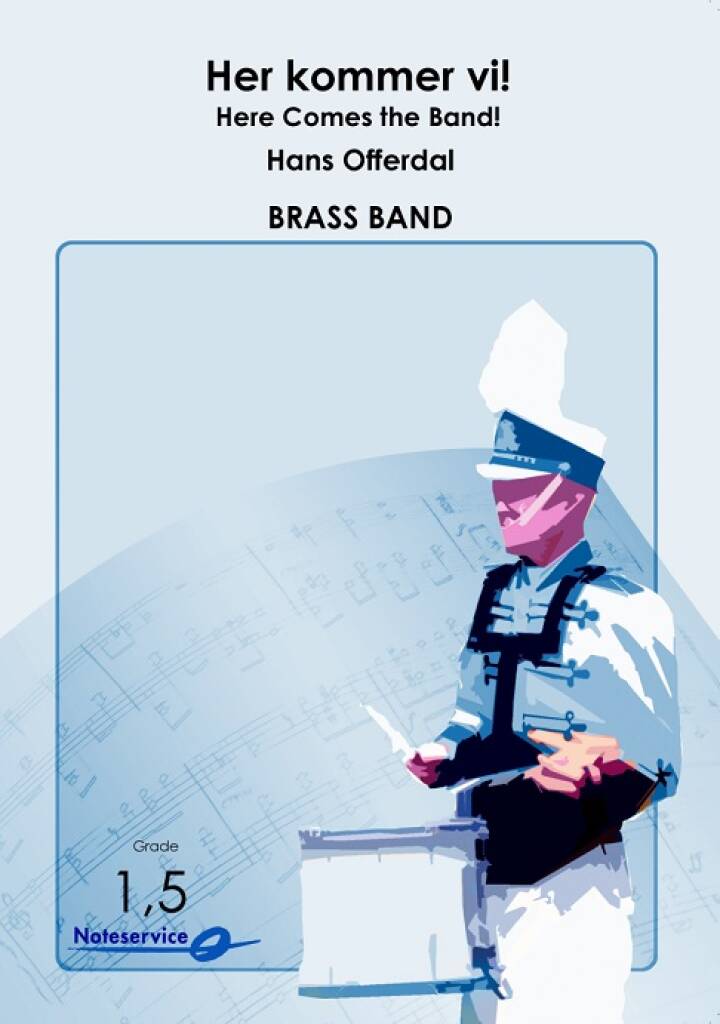 £72.70
£72.70Here Comes the band! - Hans Offerdal
Hans Offerdal wrote this march for Furuset skoles musikkorps and Haugen skolekorps for the 17th of May 2007 and here it is now finally in a version for Brass! It has a simple texture that you will have sounding good with not too muchpractice. During rehearsal one should stress the melodic aspect of each part, and that all parts are just as important. Because of its title and duration of appx. two minutes, this march is perfect for presenting the band at various arrangements youtake part in.
Estimated dispatch 5-14 working days
-
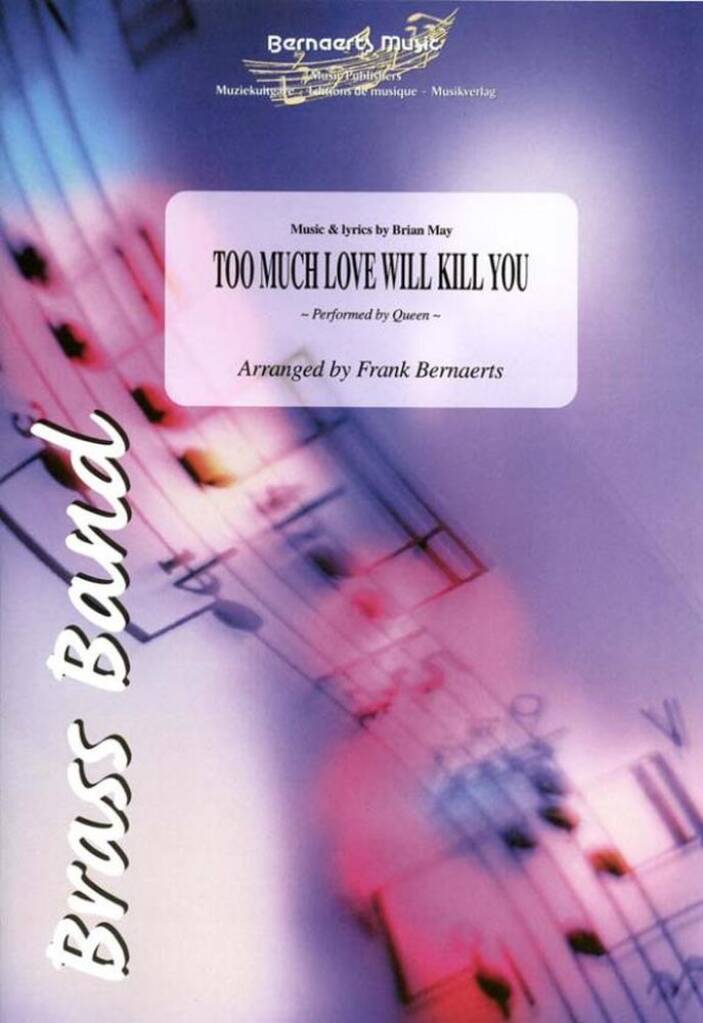 £67.20
£67.20Too Much Love Will Kill You - Brian May - Frank Bernaerts
Estimated dispatch 5-14 working days
-
£59.99
The Green Bee - Billy May - Mark Freeh
Estimated dispatch 5-14 working days
-
£60.99
Eventide (Song of Liberation) - Jacob de Haan
A composition with the liberation from the Second World War as its theme. After a solemn introduction one hears the melody of the hymn Abide with you, which was sung a lot during the war. Following there are variations on the theme, finally leading to the magisterial conclusion that represents the ultimate liberation.The work may be interpreted as popular music (with the part for drumset), but a more serious version without drums is possible and, indeed, preferable.
Estimated dispatch 5-14 working days
-
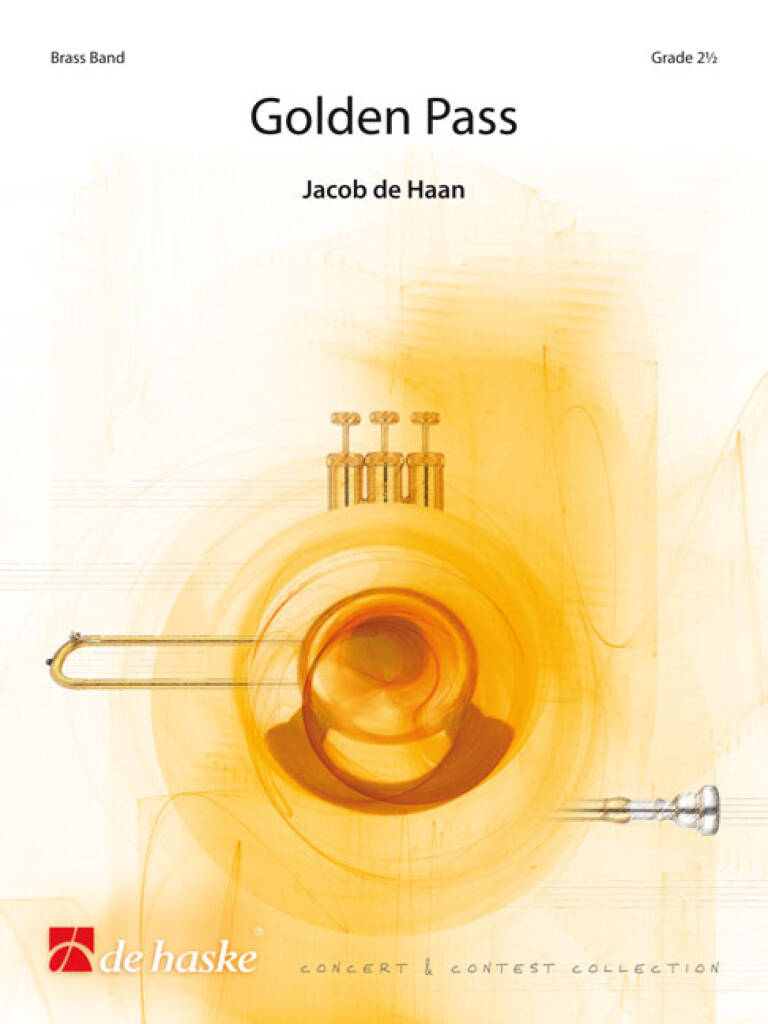 £60.99
£60.99Golden Pass - Jacob de Haan
The Golden Pass is a rail line in the Swiss Alps that connects Montreux, located by Lake Geneva, to Lucerne, in central Switzerland. This composition echoes the thoughts and feelings of a passenger who watches the changing landscapes he observes on this journey: green meadows full of grazing cows and traditional chalets, beautiful mountain lakes, waterfalls and mountain tops, including the scenic Bruning Pass. Is this real or just a dream? We may never know!
Estimated dispatch 5-14 working days
-
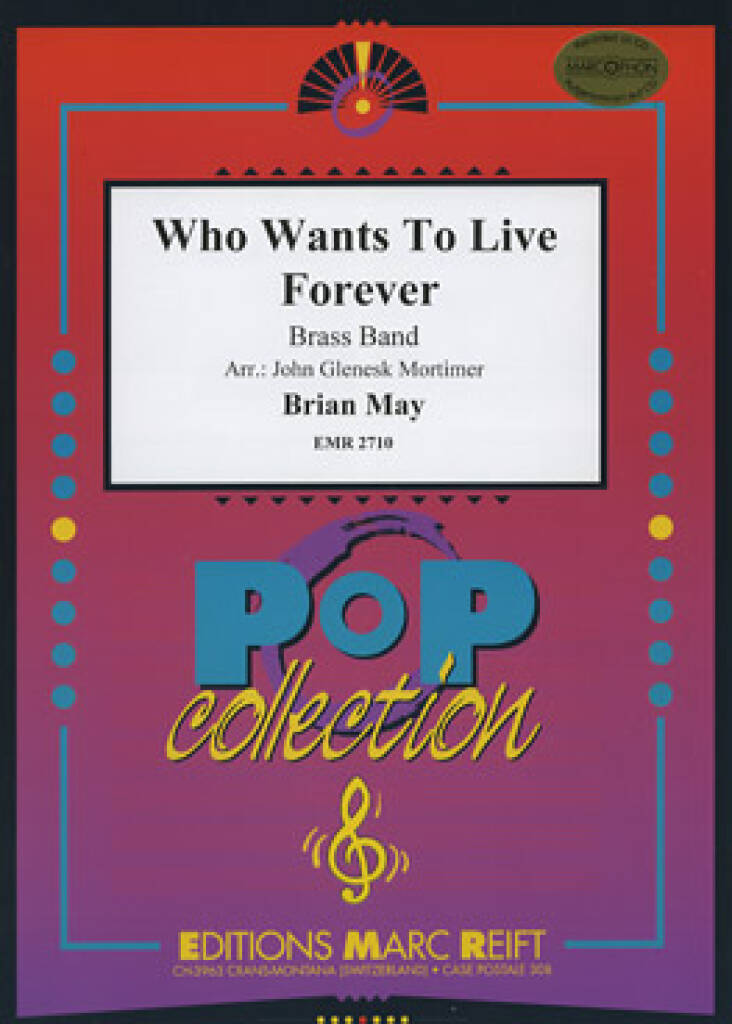 £115.00
£115.00Who Wants To Live Forever - Brian May - John Glenesk Mortimer
Estimated dispatch 5-14 working days
-
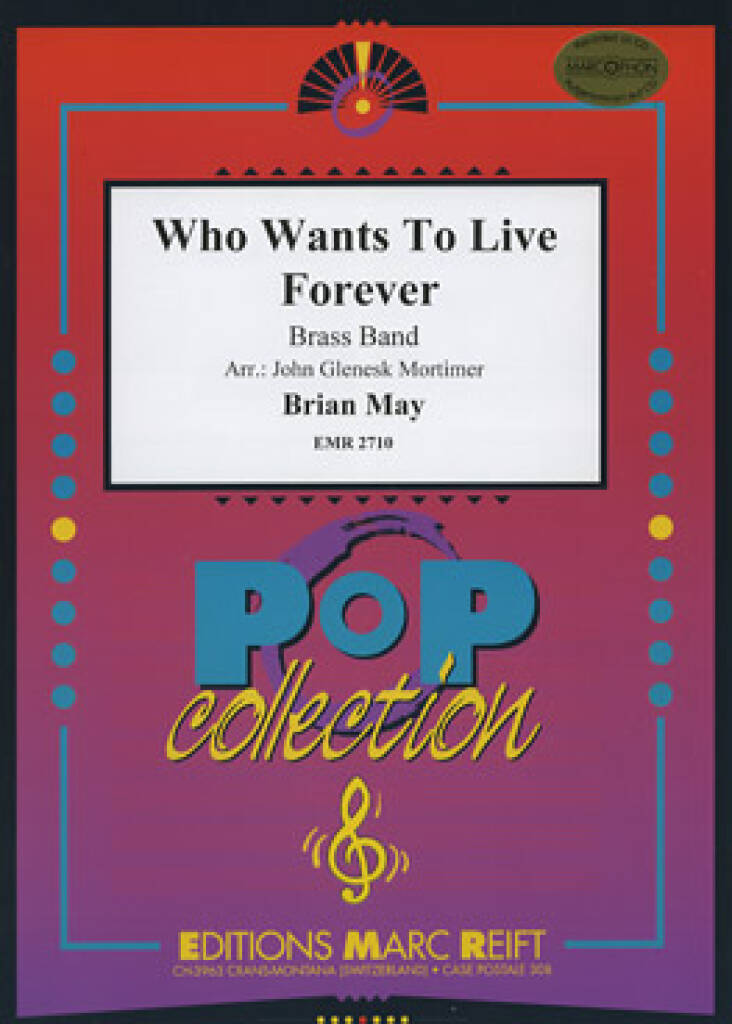 £97.40
£97.40Highlander (Who Wants To Live Forever) - Brian May
Estimated dispatch 5-14 working days
-
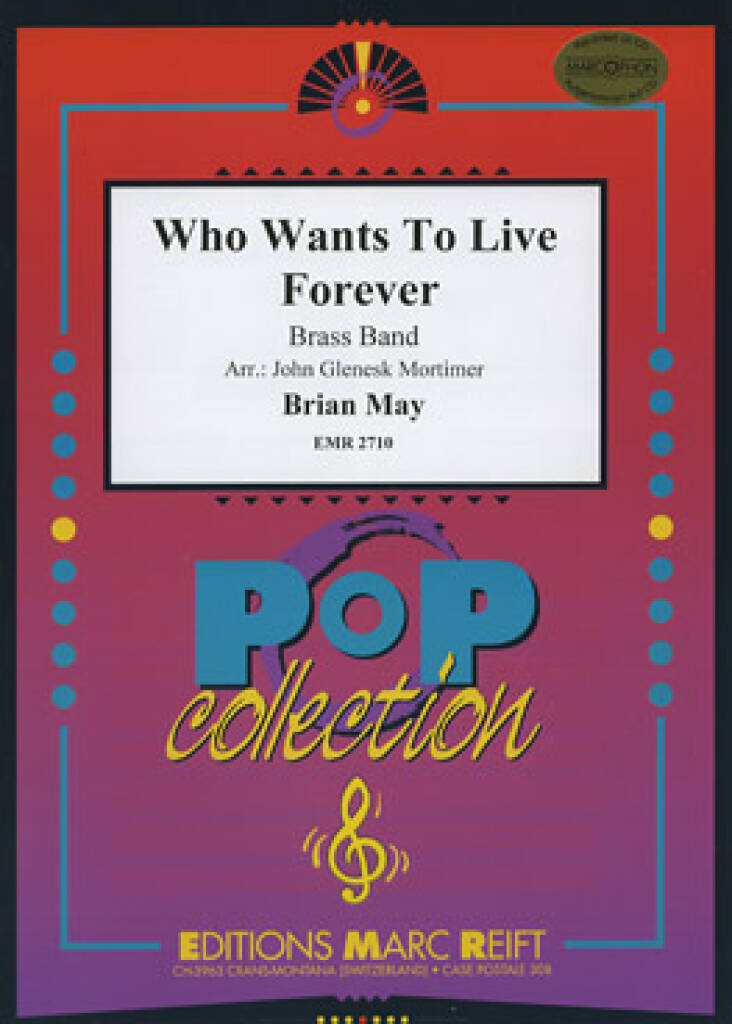 £97.40
£97.40Who Wants To Live Forever (Highlander) - Brian May
Estimated dispatch 5-14 working days
-
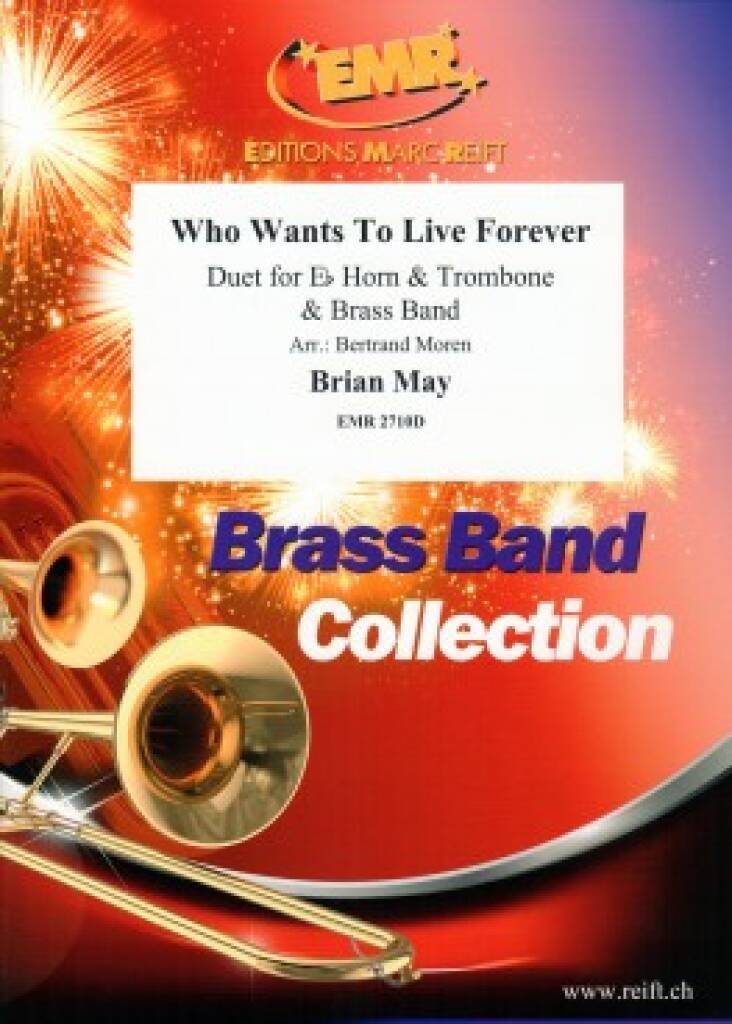 £105.80
£105.80Who Wants To Live Forever - Brian May - Bertrand Moren
Estimated dispatch 5-14 working days
-
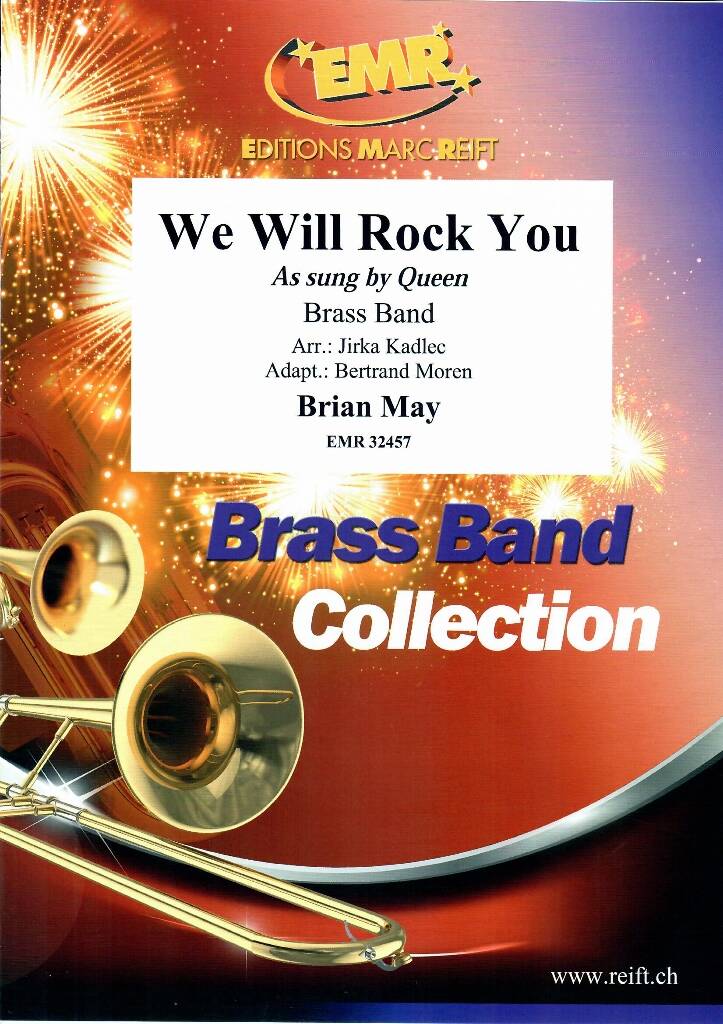 £87.40
£87.40
